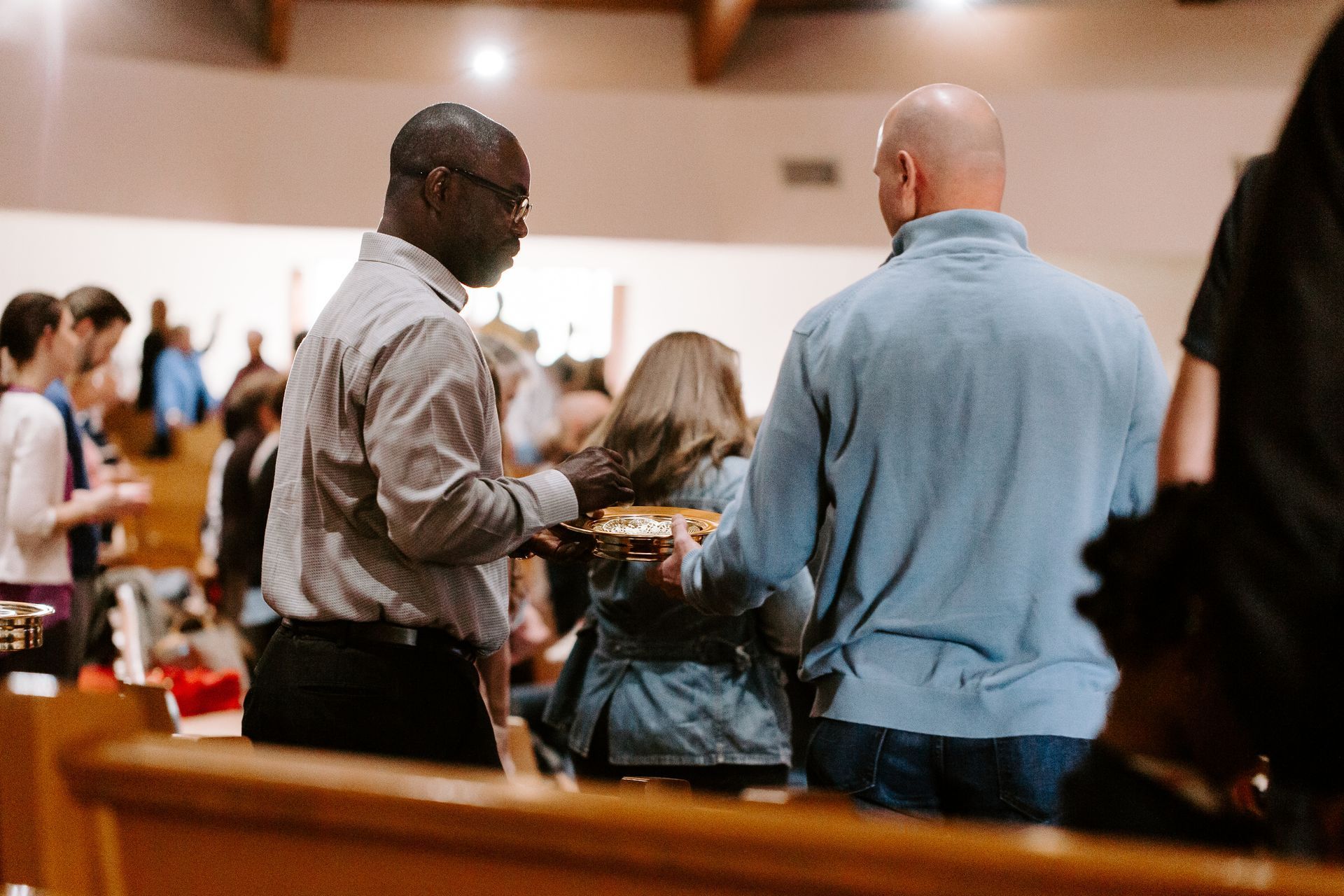PILLARS
FTS Quarterly Publication
Interactive Journal Library
Click a volume below to browse its contents.
Journal Articles

Preaching is always an interesting subject to pastors, and it is true that pastors have the burden of preaching well. In addition, because the influence of preaching cannot be ignored in ministry, it can be said that the success of pastoral ministry and preaching are intertwined. Edwin Dagan mentions the importance of preaching in Christian history, saying: Preaching is an essential part and a distinguishing feature of Christianity, and accordingly the larger history of general religious movements includes that of preaching. Here, as before, a reciprocal influence must be reckoned with: the movement has sometimes produced the preaching, the preaching sometimes the movement, but most commonly they have each helped the other.¹ Dargan continues, “Decline of spiritual life and activity in the churches is commonly accompanied by a lifeless, formal, unfruitful preaching, and this partly as cause, partly as effect.”² He means that the great revival of the church in Christian history has always come from the pulpit of the powerful Word. In Christian history, Dagan’s assertion that the revival of the church originated from the pulpit of the Word shows how great the influence of the sermon on the existence of the church. John Stott said this about preaching: “All Christian sermons are expository sermons. … In expository sermons, the text of the Bible is … the master who guides and controls what the text says.”³ Martyn Lloyd-Jones also makes this clear. According to Lloyd-Jones, “Every sermon should be expository. … Whatever the case, it is my contention that it should be clear to people that what we are about to say must come from the Bible. We are preaching the Bible and its message [through preaching].”⁴ These arguments can be understood as the meaning that the biblical text can lead to reveal its meaning only through expository sermons. In this respect, Haddon Robinson’s definition of expository preaching shows the core of preaching that all preachers should pursue while revealing the characteristics of preaching mentioned above. Robinson defines expository sermons as the following: Expository preaching is the communication of a biblical concept, derived from and transmitted through a historical, grammatical, and literary study of a passage in its context, which the Holy Spirit first applies to the personality and experience of the preacher, then through the preacher, applies to the hearers. ⁵ Therefore, the preacher must first find out exactly what the author of the Bible is trying to convey to the believers through the Word of God. The meaning found from the text and the author’s intention must be applied to the preacher himself first through the guidance of the Holy Spirit, and then conveyed to the congregation through his life and expository preaching. In 2 Timothy 3:15-17, the apostle Paul mentions two purposes for writing the Bible. ⁶ The first reason is to gain wisdom unto salvation by believing in Jesus Christ (2 Timothy 3:15). The second reason is to teach those who have been saved through Jesus Christ to become perfect as men of God and to live by doing good works (2 Timothy 3:16-17). If the purpose of writing the Bible is to receive salvation and to teach the life of a saved Christian, preaching can also be seen as having the same purposes as the purpose of writing the Bible.⁷ Therefore, the church needs expository sermons faithfully delivered according to the meaning of the text and the intention of the author.⁸ The church will experience the revival given through expository sermons delivered in this way.

What is meant by a Theology of Stewardship? Let’s define both words separately. THEOLOGY: The study of God and God’s relationship to the world. The art and science of knowing what we can know and understand about God in an organized and understandable manner. STEWARDSHIP: The utilization and management of all the resources God provides for His glory and the advancement of His creation. A biblical teaching that defines a person’s relationship to God. It identifies God as owner and the individual as manager. A theology of stewardship for the local church articulates first, what the individual church understands and believes about the character and nature of God as revealed in scripture with respect to God’s entrustments to his people. And second, a biblical response on the part of people back to God in the context of that understanding and beliefs. 4 Reasons Every Church Should Have A Theology Of Stewardship: 1. It will provide confidence for the preaching and teaching on stewardship, giving, and generosity. Preaching and teaching on stewardship is challenging for most pastors. And, truthfully, it should be. It is deeply spiritual. It is intimately relational. It is at the core of what the church is called to do, which is to make disciples. It is a part of a disciple’s path toward becoming more like Jesus. It is probably the one area of biblical teaching that sparks the greatest emotion and debate! Stewardship is the thread that weaves throughout all ministries within the local church. Stewardship touches everything the church does. It is critical to the survival of every church. Always remember—you will never hear a generous Christian complain about a preaching and teaching on stewardship. 2. It will facilitate a common language of stewardship. In the book Authentic Conversations: Moving from Manipulation to Truth and Commitment, authors Jamie and Maren Showkeir state that if you want to change a culture, you start by changing the conversation and you change the conversation by changing the language. What do the conversations about stewardship sound like in your church? How do you as a leader talk about stewardship? What words do you use? Having a biblical foundation of stewardship facilitates a conversation change that talks about giving through the church as opposed to giving to the church. It shifts the conversation from “what the church wants from me” to “what the church wants for me.” 3. Words mean different things to different people. A theology of stewardship will provide a consistency in messaging from the pastor and leaders. Remember - if you want to change a culture, you start by changing the language. It will move a church from a numbers-driven budgeting process only to a vision-driven, ministry focused strategy for funding. A theology of stewardship focused on biblical teachings will naturally move a church from approaching the budgeting process strictly from a numbers perspective to thinking about stewardship from a vision, ministry, and people viewpoint. It changes the perspective of a leaders from merely managing to looking at deeper matters around calling, mission, ministry, and values. It places greater focus and responsibility on where, why, and how the money is allocated and spent. A theology of stewardship challenges church leadership to seek to know where God is leading and calling the church to grow ministry and share His love. People will give more generously to spending plans that are focused on vision, ministry, and life-change than to a numbers-driven spreadsheet called a budget! 4. It will create a platform for embracing the concept of holistic stewardship. It is not uncommon to hear churches use the word stewardship only as it refers to the financial needs of the church. Stewardship is equated with “fundraising.” It is all too common to hear churches talk about giving to the “stewardship” needs of the church or giving to the “capital” needs of the church. As if one was stewardship and the other was something different. A biblical theology of stewardship becomes a springboard to teach about stewardship holistically in a way that includes all conversations around giving, resources, and blessings. Planned giving is about stewardship. Personal money management is about stewardship. Giving is what God wants for you, not from you. Our need to give is greater than the church’s need to receive. Think about it!



